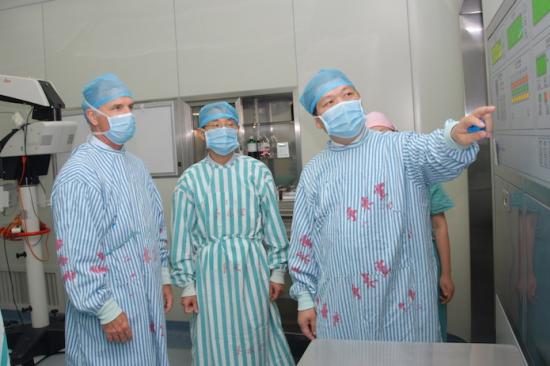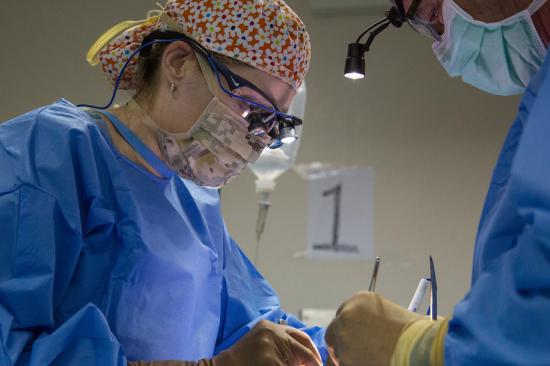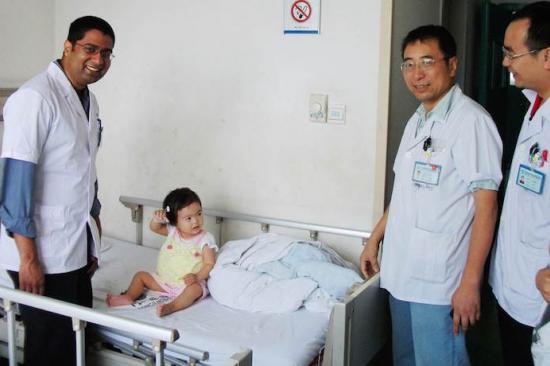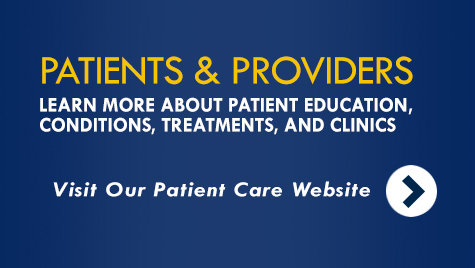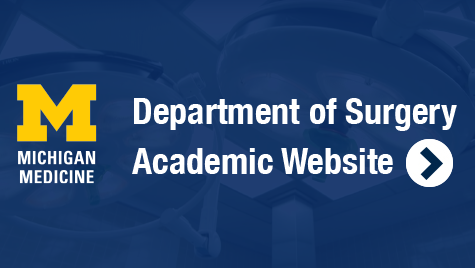The experience trainees and faculty gain with our international partners offers the unique opportunity to engage with communities abroad and learn from surgical leaders worldwide. Our surgical faculty visit partnering institutions to assist in establishing educational infrastructure and teaching programs that provide high quality training to local community surgeons. We also invite medical students, residents, and faculty from institutions around the world to exchange ideas and learn about optimal specialty surgical techniques.
In Vietnam, U-M surgeons trained local doctors in hand reconstruction as part of the efforts of nonprofit ReSurge, which works to increase surgical capabilities in developing countries. Dr. Kevin Chung, chief of hand surgery at U-M, has worked with the organization for more than a decade, and hosted similar workshops in Ghana, Ecuador, Honduras, Nepal, and Cambodia.
In China, a longstanding partnership with Tongji Hospital in Wuhan provides an ACGME-approved rotation for a first-year pediatric surgery resident. Tongji is one of China’s busiest children’s hospitals — an excellent training ground that provides for a two-way exchange of knowledge.
The Global Surgery Fellowship at the Michigan Medicine Center for Global Surgery offers a one to two year fellowship focused on training future leaders in academic global surgery. The fellowship is designed for residents in the Department of Surgery to work on during the course of their Academic Development Time (ADT).
Our faculty members benefit greatly from the opportunity to invite colleagues from other countries to visit and share their work. Visiting lecturers typically spend 2-3 days here, scheduling time with individual faculty members, touring our clinics and exchanging ideas, and attending other educational meetings. We have an opportunity to recognize that great work in surgery that is being done around the world today.
With the recent NIH Fogarty Global Health Research Training Grant funding, there exists a unique opportunity for surgical residents. Typically, post-docs and more senior learners (e.g. residents/fellows/Ph.D. students) in the latter half of their programs can compete to be funded for 11 months of overseas research in Ghana, India, Cameroon, Kenya, Uganda, Thailand, and Peru through our consortium with three other universities. India has been included for the very first time because of our collaborative involvement with All India Institute of Medical sciences, New Delhi. This is an excellent opportunity for residents who are looking for opportunities to pursue research in these global settings. The Center’s responsibilities include helping with identification of mentors and developing suitable strategies aimed at creating competitive proposals in target areas.

